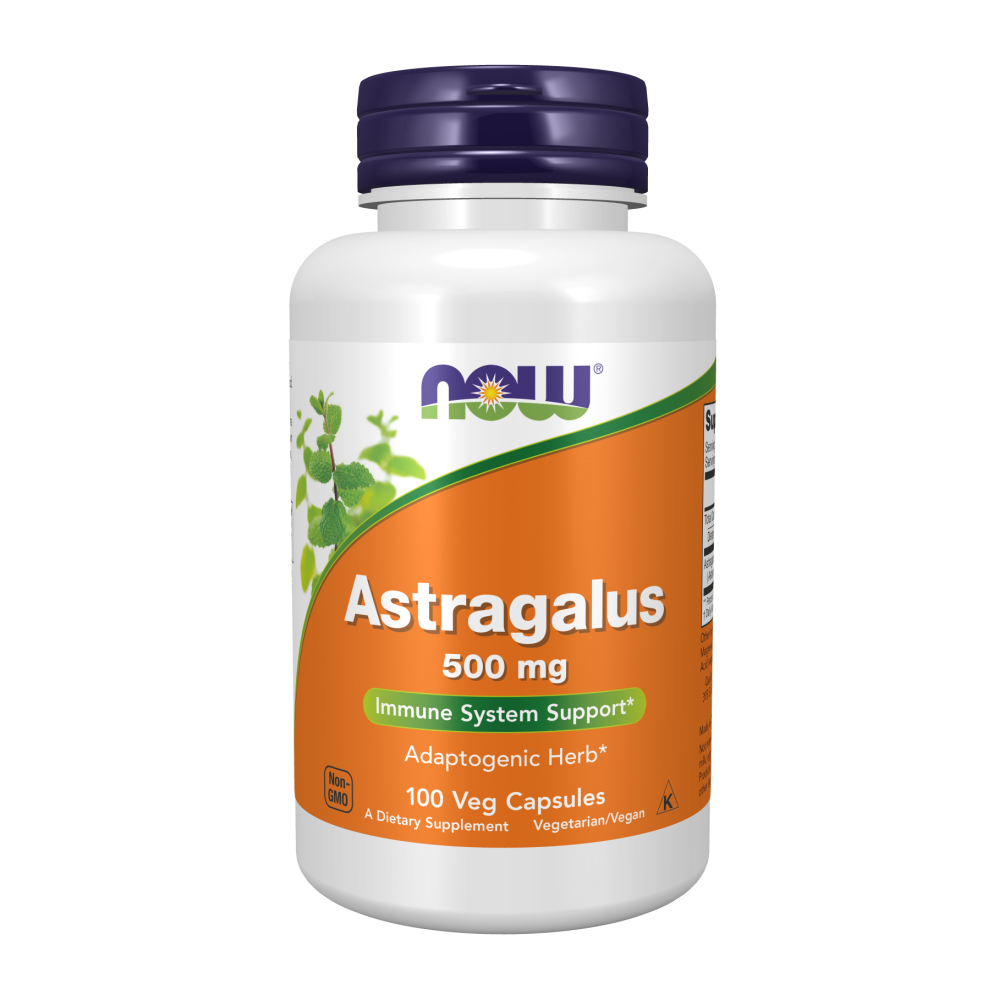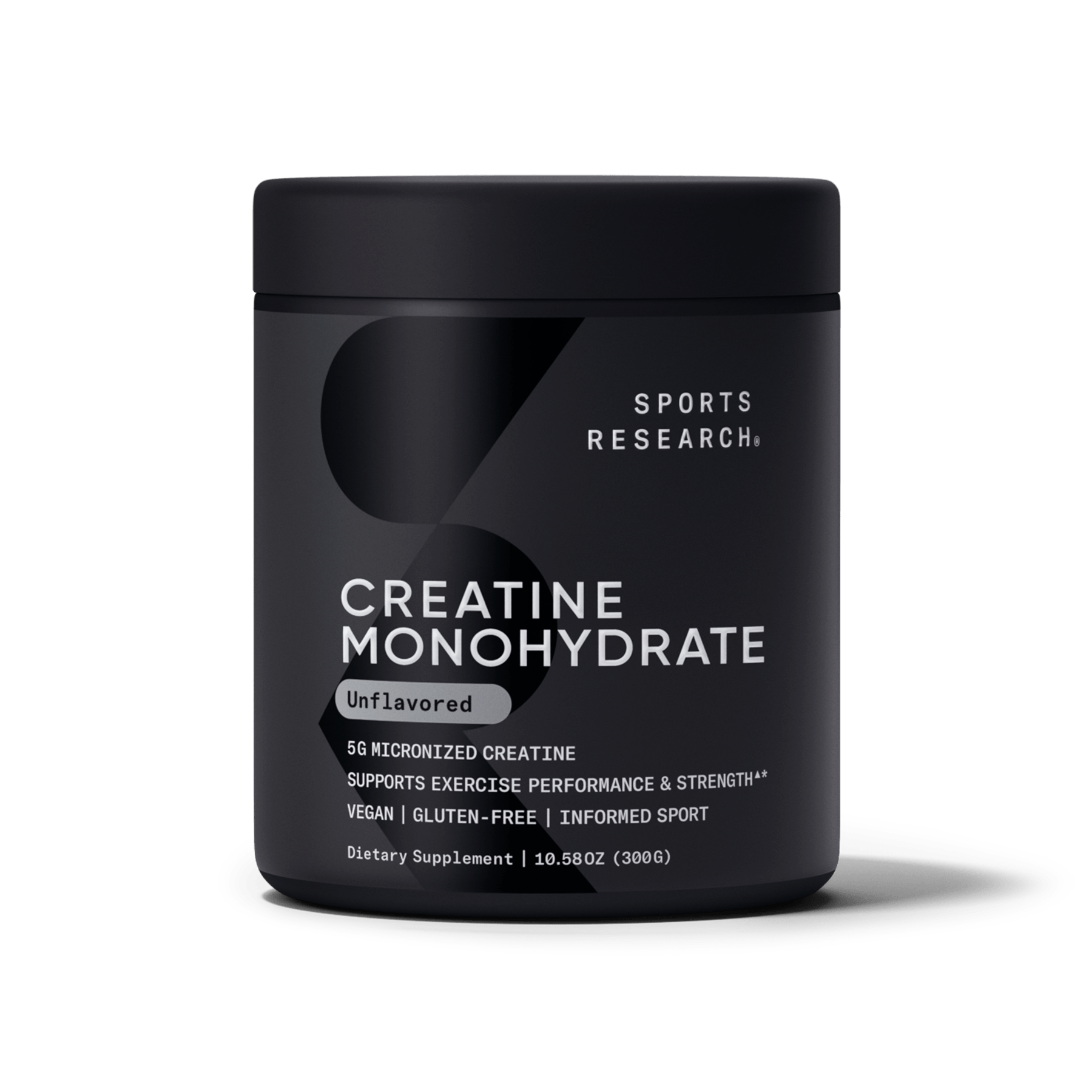We all know that staying healthy is a priority, especially in today’s fast-paced world. One of the keys to good health is having a robust immune system. But, before we delve into the ways to boost it, let’s have a little refresher on how it works.
Understanding the Immune System.
Think of your immune system as your body’s security team. It’s always on the lookout, keeping you safe from harmful invaders like bacteria, viruses, and other pathogens. When these bad guys try to break in, your cells come to the rescue, neutralising the threat.
Now, as much as our immune system is our knight in shining armour, several factors can weaken it—stress, lack of sleep, and poor diet to name a few. And when our system is down, we become more susceptible to illnesses. So, let’s armour up and find out how to give our bodies that extra oomph!
How to Boost Your Immune System
1. Stay up to date on vaccines
Staying updated with vaccines helps our defense system stay current. As diseases change, our protection methods do too. It's important to follow vaccine schedules to avoid illnesses and keep everyone safer.
2. Maintain a Healthy Diet
A healthy diet plays a pivotal role in bolstering immune support. Here are a few things to take into account when working toward a healthy diet:
Nutrient Supply: A balanced diet provides essential vitamins and minerals like vitamin C, vitamin D, and zinc, which are critical for immune function. These nutrients aid in the production and function of white blood cells and antibodies, which defend against harmful pathogens.
Gut Health: About 70% of our immune system resides in the gut. Eating a diet rich in fiber and fermented foods provides prebiotics and probiotics, which promote a healthy balance of gut bacteria. This balance supports the gut's immune responses and can even influence immune responses elsewhere in the body.
Antioxidants: Nutrient-rich foods, particularly fruits, vegetables, nuts, and seeds, are packed with antioxidants. These compounds combat free radicals, which are unstable molecules that can cause damage to our cells and weaken our immune systems.
Healthy Fats: Foods rich in omega-3 fatty acids, like salmon, flaxseeds, and walnuts, can reduce inflammation in the body. A controlled inflammatory response is crucial to an effective immune reaction to harmful pathogens.
Adequate Protein: Protein is essential for building and repairing body tissues. It also plays a role in producing antibodies and immune system cells. Lean meats, poultry, fish, beans, and dairy products are good sources.
Avoiding Harmful Components: A healthy diet also means limiting or avoiding excessive sugar, salt, and unhealthy fats. High sugar intake, for instance, can hinder the immune cells from attacking bacteria for several hours.
In conclusion, a healthy diet not only provides the raw materials the immune system needs to function but also supports overall bodily processes that intertwine with immune responses. By nourishing our bodies with a diverse range of wholesome foods, we set up our immune systems for optimal performance.
3. Stay Hydrated
Hydration is essential for our immune system. When we drink enough water, our body makes a fluid called lymph. This fluid moves important white blood cells around to fight off germs and also helps rid the body of waste. So, by drinking water, we're helping our body's defense team work at its best.
Drinking water also keeps parts of our body, like our mouth and eyes, wet. This moisture helps trap and stop germs from getting inside us. So, in simple terms, drinking enough water helps our body in two ways: it powers our internal germ fighters and stops bad stuff from getting in.
4. Get Plenty of Sleep
Sleep is like a battery recharge for the body's defense system. When we sleep, our body makes important proteins that help fight off germs and heal damage. If we don't get enough sleep, we don't make as many of these proteins, and we might get sick more easily.
If we miss out on sleep, our body releases more stress hormones, which can make our immune system weaker. So, think of a good night's sleep as giving your body's defense team the best tools and energy to keep you healthy.
Here are some quick tips for getting a good night's sleep:
- Consistent Schedule: Go to bed and wake up at the same time daily, even on weekends.
- Bedroom Environment: Ensure your room is dark, quiet, and at a comfortable temperature.
- Limit Screen Time: Turn off electronics at least an hour before bed to reduce blue light exposure.
- Comfortable Bedding: Invest in a comfortable mattress, pillow, and breathable sheets.
- Avoid Large Meals Before Bed: Eating heavy can disrupt your sleep. Try to finish meals 2-3 hours before bedtime.
- Limit Caffeine and Alcohol: Especially in the afternoon and evening.
- Relaxation Techniques: Try deep breathing, meditation, or reading to calm your mind.
- Physical Activity: Regular physical activity can help you fall asleep faster and enjoy deeper sleep, but avoid exercising close to bedtime.
- Limit Naps: Especially in the afternoon. If you do nap, keep it short (20-30 minutes).
- Natural Light: Spend time outside during the day. Natural light helps regulate sleep patterns.
- Stay Hydrated: But reduce liquids an hour or two before bed to limit nighttime bathroom trips.
- Bedroom Purpose: Reserve your bed for sleep and intimacy. Avoid working or watching TV in bed to strengthen the mental association between bed and sleep.
Remember, everyone's sleep needs might be a bit different. Listen to your body and adjust as needed!
5. Minimize Stress
Stress can weaken our body's defense system, making us more prone to illnesses.
When we're constantly stressed, our body produces too much of a hormone called cortisol, which can lower our immunity. To combat this, meditation and deep breathing are great tools. They help calm the mind and body.
Journaling is another way to manage stress, acting as a private space to express feelings. Most importantly, balancing work (or school) with fun is crucial. Mixing relaxation with activities we enjoy not only refreshes our mind but also strengthens our body's defenses.
6. Exercise Regularly
Exercise and staying active are like superheroes for our body's defense system. When we move and get our heart rate up, our body gets better at sending out tiny soldiers (called white blood cells) that help fight off germs.
Exercising regularly also helps our body get rid of bad stuff faster, like toxins, and makes us feel good by releasing happy chemicals called endorphins. Plus, being active helps us sleep better and manage stress, both of which are important for a strong defense system.
However, it's essential to find a balance. Just like too much sugar isn't good, too much exercise without enough rest can tire out your body and make it harder for your defense system to do its job.
So, it's a good idea to mix fun physical activities like biking or dancing with days of rest. This way, your body stays happy, healthy, and ready to defend against any unwanted germs!
7. Supplements
Supplements are like extra fuel for your body's engine. Just like cars need gas to run smoothly, our bodies need certain nutrients to stay strong and healthy. When we take supplements, they can power up our immune systems. The immune system is like the body's shield, protecting us from germs and sickness.
Some of the best things to boost your shield are vitamins and minerals like Vitamin C, Vitamin D, and Zinc. There are also special plants, like Echinacea and Elderberry, that many people believe make your shield even stronger. By taking these as supplements, we make sure our shields are always ready to defend us!
Conclusion
Keeping a strong immune system is like making sure our body's defense team is always ready to protect us. This means eating right, getting enough sleep, drinking lots of water, managing stress, staying active, and sometimes taking extra vitamins.
Keep in mind that everyone is different. What helps one person feel their best might not work for someone else. So, it's important to find out what's best for you and stick to it. This way, your body can fight off germs and keep you feeling good.





